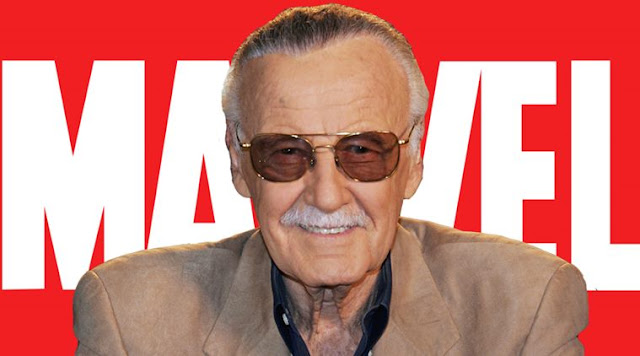Observations From the Ascension of a Casket
Yesterday, I watched the delivery of President Bush's casket to the Capital. It was a majestic event, with a degree of formality and precision of execution that I find almost breathtaking. In the event is a reverence for the office of President, not specifically the person, which reflects a grandeur and attitude of respect that seemed to also signal the vestiges of a fading ideal. Both the office and person of the President have become so uncivil that one wonders where the society that holds its leaders with respect belongs in a contemporary America that does not respect its leaders because they seem to no longer respect the substance and the gravity of the offices that they hold. With the death of Bush, an old era passes away. I cannot say it was a good era, and there are plenty of issues with which we can contend. But it certainly feels as if an era of civility and honor are fading away. As I watched the precision of the military, I found that I was honored to be a pa
